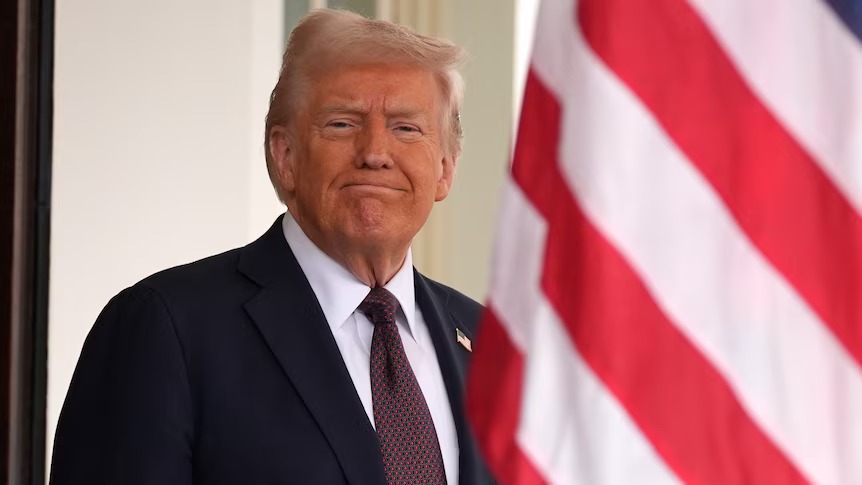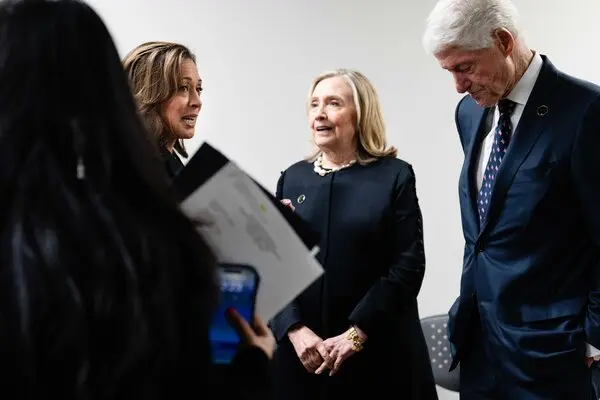In a shocking move, President Donald Trump has revoked the security clearances of several high-profile political figures, including Vice President Kamala Harris and former Secretary of State Hillary Clinton. This unprecedented decision has sparked controversy, raising concerns about its implications for national security and democracy.
The Decision: Who Lost Security Clearance
On March 21, 2025, President Trump issued a memorandum titled “Rescinding Security Clearances and Access to Classified Information from Specified Individuals.” The order directed federal agencies to revoke security clearances for multiple individuals.

Trump Revoke These Security Clearances
Many of the individuals targeted have been vocal critics of Trump. Hillary Clinton and Kamala Harris have both strongly opposed his policies, while others like Letitia James and Alvin Bragg have led legal cases against him.
Control Over Access to Classified Information
By revoking these clearances, Trump may be preventing critics from accessing sensitive information that could be used against him. Some believe this is an attempt to limit oversight and transparency.

Undermining the “Deep State”
Trump has repeatedly claimed that Washington elites and intelligence officials have worked against him. The move to strip security clearances aligns with his long-standing rhetoric against what he calls the “deep state.”
Frequently Asked Questions
What is a security clearance, and why is it important?
A security clearance allows individuals to access classified government information. It is crucial for roles in intelligence, defense, and national security. Former officials often retain clearances to offer guidance on security matters.
Can a president revoke security clearances?
Yes, the president has the authority to grant or revoke security clearances. However, using this power against political opponents raises ethical and legal concerns.
Why did Trump revoke these security clearances?
Trump cited “national security interests,” but critics argue it is an act of political retaliation against his adversaries and those involved in legal cases against him.
How does this impact national security?
Revoking clearances removes experienced advisors from intelligence discussions, weakens national security preparedness, and discourages whistleblowing within government agencies.
Will this decision face legal challenges?
Yes, some affected individuals may challenge the decision, arguing it was politically motivated. However, courts have historically given the president broad discretion over security clearances.
How have Democrats reacted?
Democrats, including Kamala Harris and Hillary Clinton, have condemned the move as an abuse of power and a threat to democracy.
How have Republicans responded?
Pro-Trump Republicans support the decision, while moderates worry about the precedent it sets for future presidents to use security clearances as political weapons.
What are the long-term implications of this decision?
This move could politicize security clearances, erode trust in intelligence agencies, and deter officials from speaking out against future presidents due to fear of retaliation.
Conclusion
Trump’s decision to revoke security clearances from Harris, Clinton, and other critics is a politically charged move with serious implications. While legally permissible, it raises ethical concerns about presidential power, national security, and democratic norms. The fallout will shape future debates on whether security clearances should be used as a national security measure or a political weapon. The impact of this unprecedented decision will unfold in the coming months.
